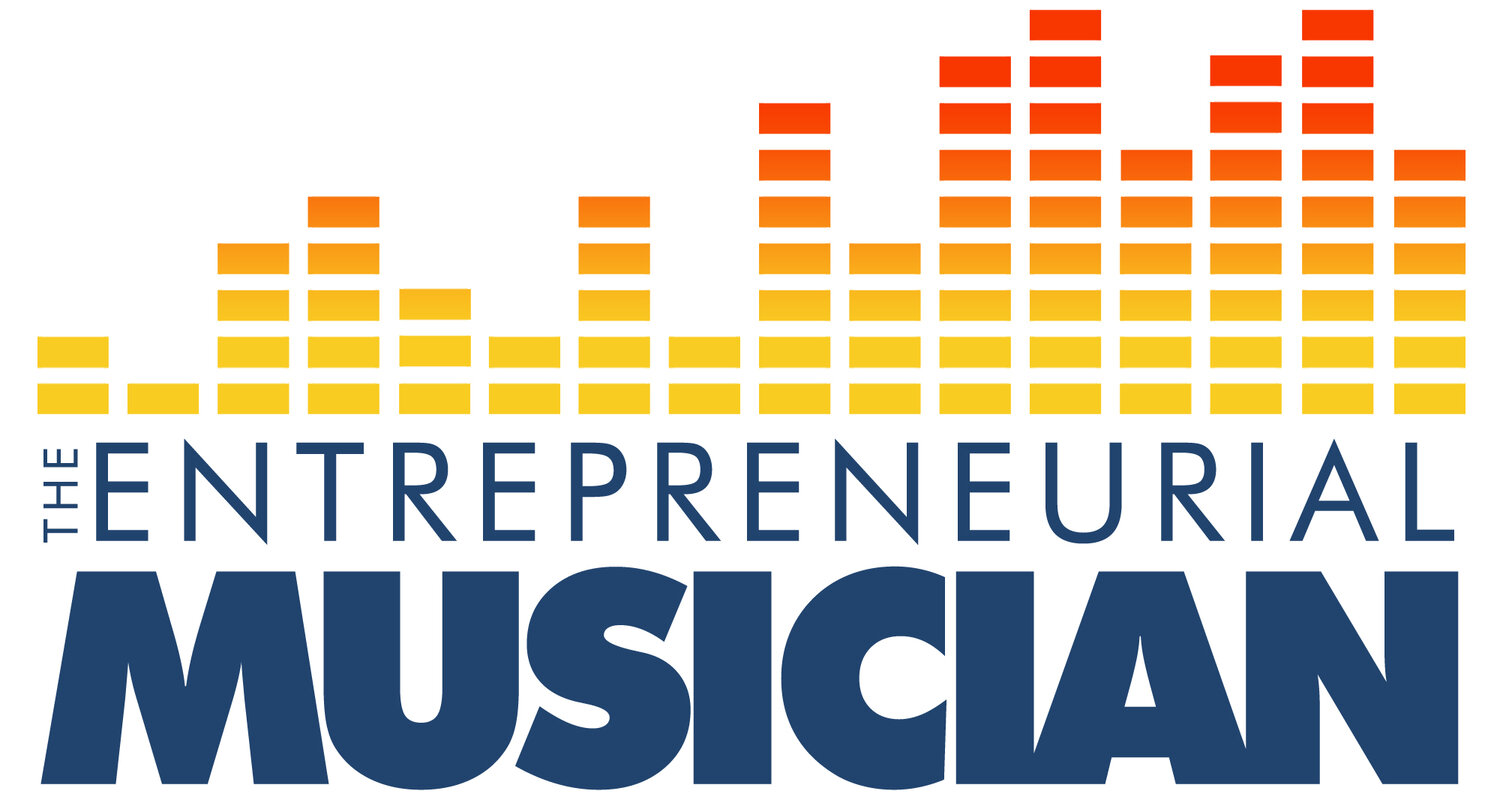TEM164: You are not the customer
Listen via:
iTunes
Spotify
SoundCloud
Stitcher
TEM164: You are not the customer
It is so easy to forget that we are not the person we are trying to serve!
What You'll Learn:
Why we sometimes unintentionally end up creating products and marketing to ourselves rather than to our customers
Why it is vital to learn the "rules" and customs of various social channels before you start plugging yourself there
You will never meet a customer who thinks your product is as important or vital as you do
Don't assume everyone knows something about you that you think is obvious
Some thoughts on optimizing your website and your bio
Links:
Want to help the show? Here's a couple of ways you can do that!
1. Help me get to my next goal of $100 per episode on Patreon by pledging as little as $1 per episode to support the show: https://www.patreon.com/tempodcast.
2. My next iTunes goal is 150 ratings and 75 reviews. Take just a minute to leave a rating and review on iTunes to help me get there. Thank you!
And finally, a huge thank you to Parker Mouthpieces for providing the hosting for TEM.
Produced by Drake Domingue
Show notes for all episodes of TEM including topics discussed, links to all books and websites referenced can be found at:

